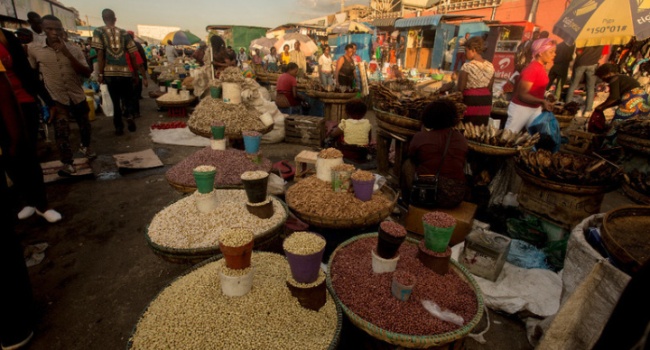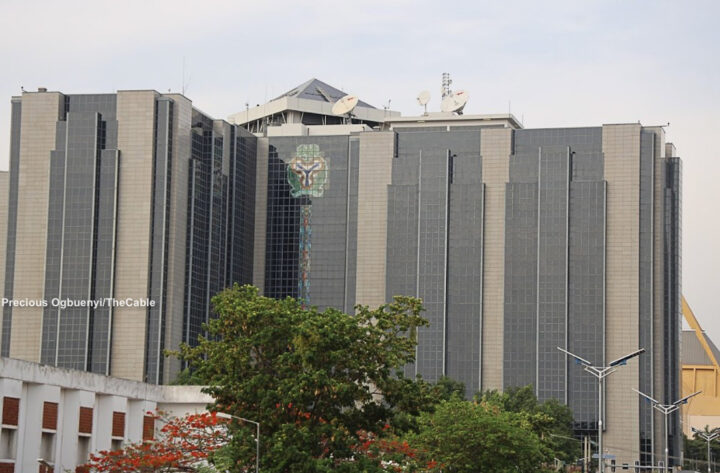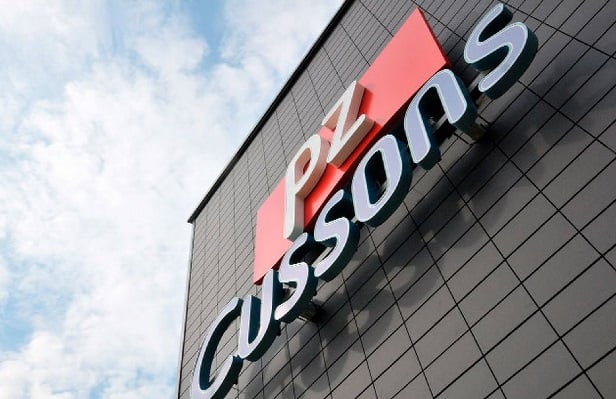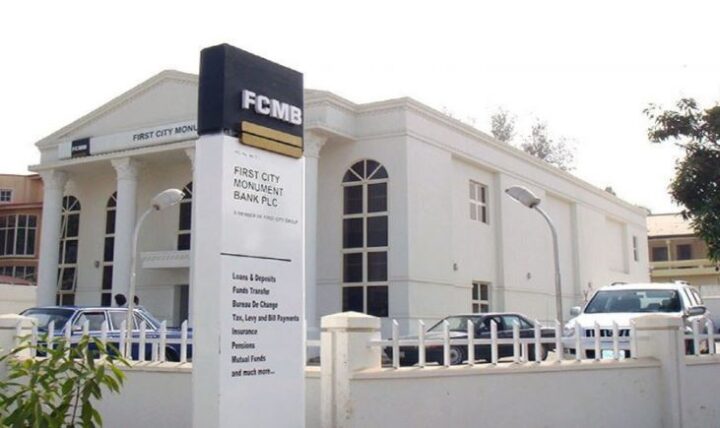The Lagos Chamber of Commerce and Industry (LCCI) says Nigeria’s food inflation may rise in the third and fourth quarters or the second half (H2) of 2025 due to insecurity and floods.
In a statement on Tuesday, Chinyere Almona, director-general (DG) of the LCCI, said recent herdsmen-farmers clashes in the middle-belt region, alongside flooding disasters, are indicators of a looming shortfall in food harvest.
LCCI’s statement followed the latest inflation figures from the National Bureau of Statistics (NBS), which showed that headline inflation dropped to 22.97 percent in May 2025 — down from 23.71 percent in April.
Describing the development as a “positive and modest shift,” the director-general warned that the progress must be viewed cautiously, citing structural risks and looming shocks in food production and distribution.
Advertisement
“The recent spate of herdsmen-farmers clashes in the middle-belt region and flooding disasters are negative signals capable of limiting food harvest this year,” Almona said.
“Logistics and supply chain risks also loom on the back of the current escalations in the Middle East and the deadlocked ceasefire talks between Russia and Ukraine. Importing fuel and other products may become more expensive as oil prices have risen due to unabating tensions and trade wars.
“These shocks pose significant risks to food availability and prices, which could drive food inflation — an essential component of the headline inflation index — in the third and fourth quarters of 2025.”
Advertisement
‘SUSTAIN OIL REFORMS, BOOST FARMING INFRASTRUCTURE’
To consolidate the inflation gains, she recommended a coordinated mix of fiscal and monetary policy actions, including sustaining oil and gas sector reforms, and maintaining prudent monetary policy while improving credit access to productive sectors.
“There is an urgent need for the government to scale up support for dry season farming, irrigation infrastructure, and mechanization to reduce Nigeria’s dependence on rain-fed agriculture,” the LCCI boss said.
“The government must remain focused on dealing with the challenges around food movement from the farms to the cities. Addressing inefficiencies in transporting goods—particularly food—from rural to urban markets can help lower market prices and reduce post-harvest losses.
Advertisement
“Government spending should prioritize critical sectors with high inflation pass-through, such as food, energy, and transport, while eliminating leakages and enhancing social safety nets for vulnerable households.”
Almona noted that although the decline in the inflation rate is a positive sign, Nigeria must stay focused on tackling the underlying structural issues driving inflation.
The director-general called on the government to take bold steps to address insecurity, invest in agricultural infrastructure, and enhance policy coordination to ensure the current progress becomes sustainable and inclusive.
Advertisement






